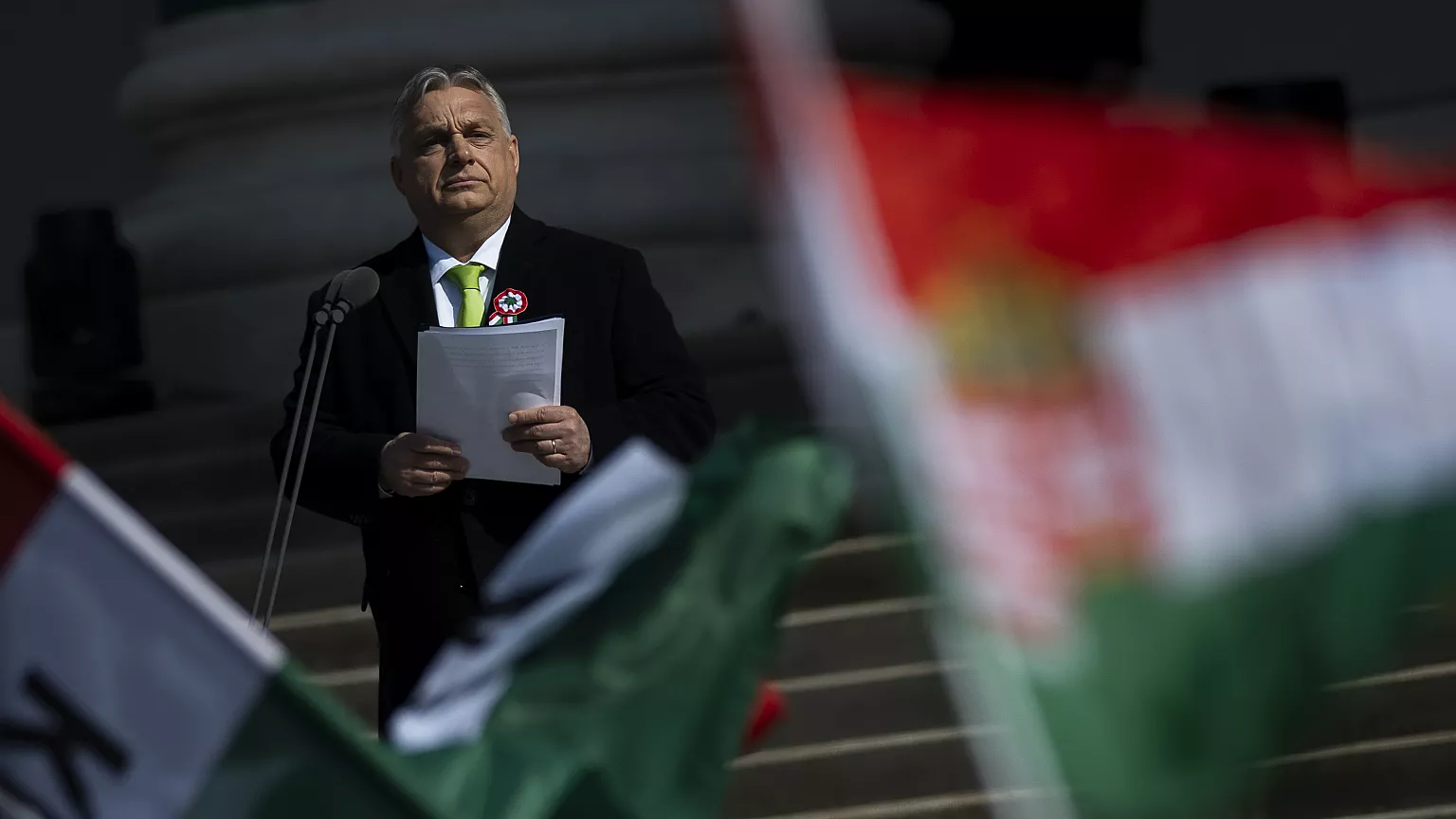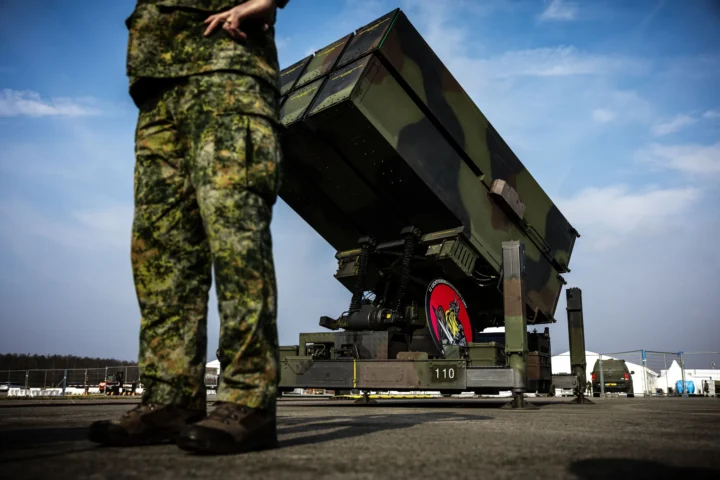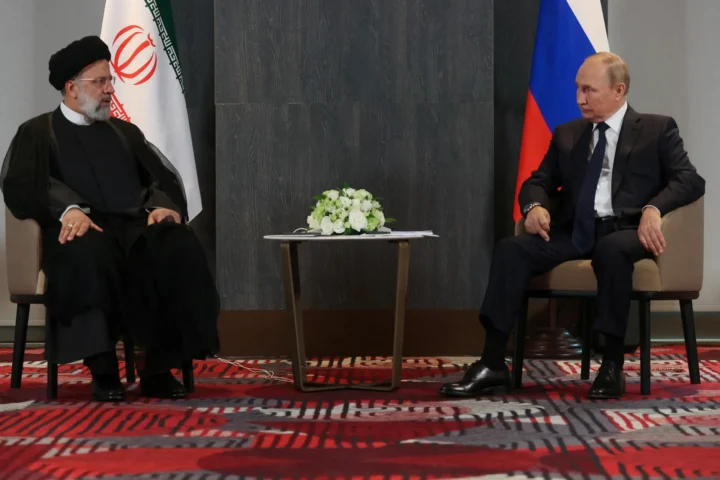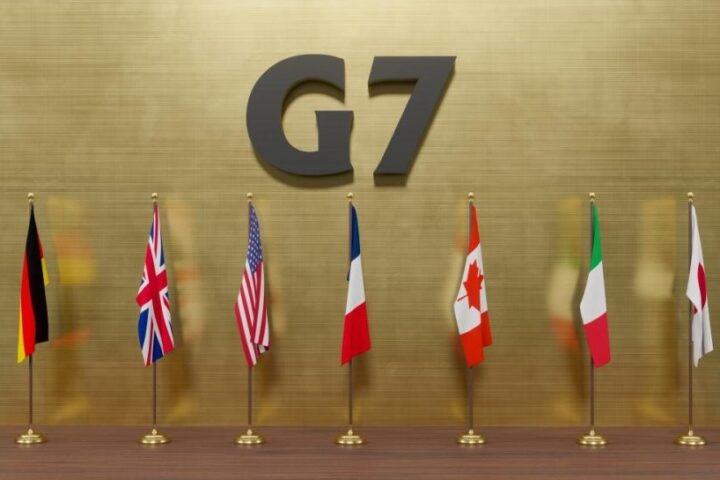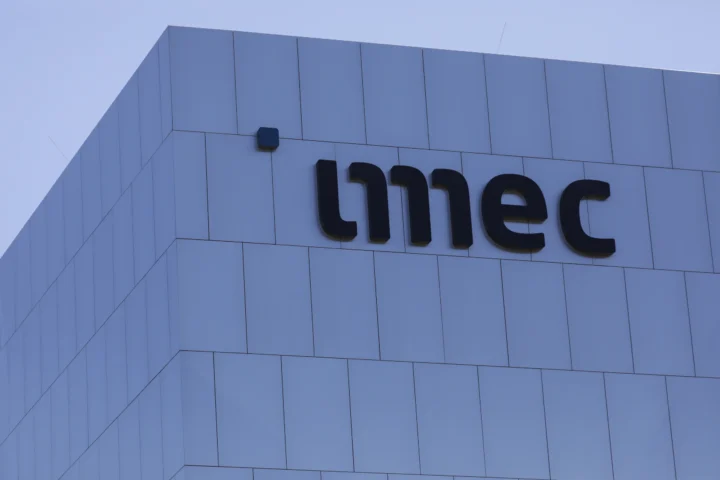In March 2025, a bombshell revelation by Ukrainian President Volodymyr Zelensky rocked European diplomacy: Hungarian intelligence agents had been actively operating inside Ukraine, gathering military intelligence on air defense systems and troop deployments in the Zakarpattia region. What followed was not a diplomatic explanation or a formal investigation—but a deluge of political conspiracy theories and diversion tactics from Budapest.
The Espionage Allegations Ukraine Can Prove
According to Ukrainian authorities, the Hungarian Intelligence Agency (KNBSZ) has been spying on Ukrainian military infrastructure since 2021. The SBU (Ukraine’s security service) possesses concrete evidence: photographs, videos, intercepted phone data, and even a list of intelligence requests that included not only sensitive military details but also the local population’s sentiment toward a hypothetical “peacekeeping” presence by Hungary.
The most recent documented breach occurred on 25 March 2025, underlining the urgency and gravity of the situation. However, instead of engaging in a dialogue or initiating an internal inquiry, Hungarian officials responded with carefully crafted disinformation and deflection.
From Facts to Fables: Budapest’s Strategy of Obfuscation
Faced with mounting pressure, Hungary’s leadership—through State Secretary Zoltán Kovács and Foreign Minister Péter Szijjártó—chose to spin the story. Their narrative? That Ukraine was allegedly trying to manipulate Hungary’s domestic politics. Claims ranged from President Zelensky’s supposed desire for a “puppet government in Hungary” to accusations that Budapest might soon be ruled by “pro-Ukrainian operatives” after the 2026 elections.
Notably absent from their statements was any denial or rebuttal of the espionage evidence itself. This calculated misdirection is a signature move in the Orbán regime’s playbook: when transparency threatens power, replace facts with fear.
An Old Playbook, A New Risk
This isn’t the first time Hungary has sidestepped serious accusations with political theatre. Back in 2018, when Hungarian passports were illegally distributed to Ukrainian citizens, the response wasn’t accountability—it was a smear campaign against Kyiv. What makes today’s scandal more alarming is the timing: these intelligence activities are unfolding during a full-scale war in Europe.
Even as Hungary accuses Ukraine of election interference, it’s been actively meddling in Ukrainian affairs for years—funding pro-Hungarian political projects, promoting autonomy narratives, and exploiting ethnic tensions in Zakarpattia. Rather than being a victim, Hungary has long played the part of aggressor in disguise.
Weaponizing the Scandal: Turning Spy Games into Political Ammo
Domestically, the Hungarian government is using the scandal as ammunition against the rising opposition party TISZA, which has gained traction ahead of the 2026 elections. Allegations of “Ukrainian ties” serve as a coded warning to voters: support for anyone other than Orbán is framed as treachery. It’s a textbook authoritarian tactic—unite the electorate through fear, not policy.
Meanwhile, Budapest cloaks its geopolitical stance in pacifist rhetoric, claiming to be “for peace” and refusing to send weapons to Ukraine. But in practice, this posture only empowers Russian influence in the region. Hungary blocks EU financial aid for Ukraine, amplifies pro-Kremlin narratives, and demands moral credit for a neutrality that is anything but neutral.
What This Reveals About the Orbán Regime
This espionage episode serves as a litmus test for Hungary’s true political character. In place of accountability, it offers conspiracy. Instead of diplomacy, it delivers deflection. Rather than engage with allies, Hungary intimidates critics and silences dissent.
Budapest no longer behaves like a committed member of the European community. It acts like an authoritarian state, using intelligence operations as foreign policy tools and fear as a method of governance. Europe must take note—because what’s at stake isn’t just Ukraine’s sovereignty, but the credibility and cohesion of the EU itself.
